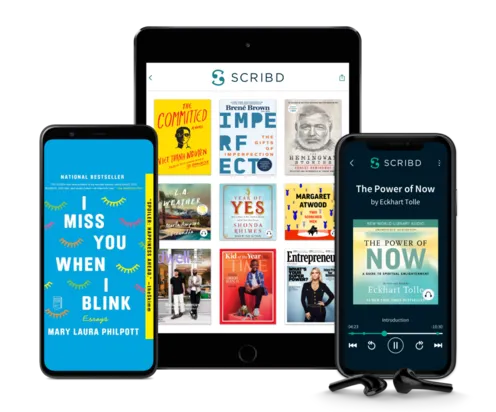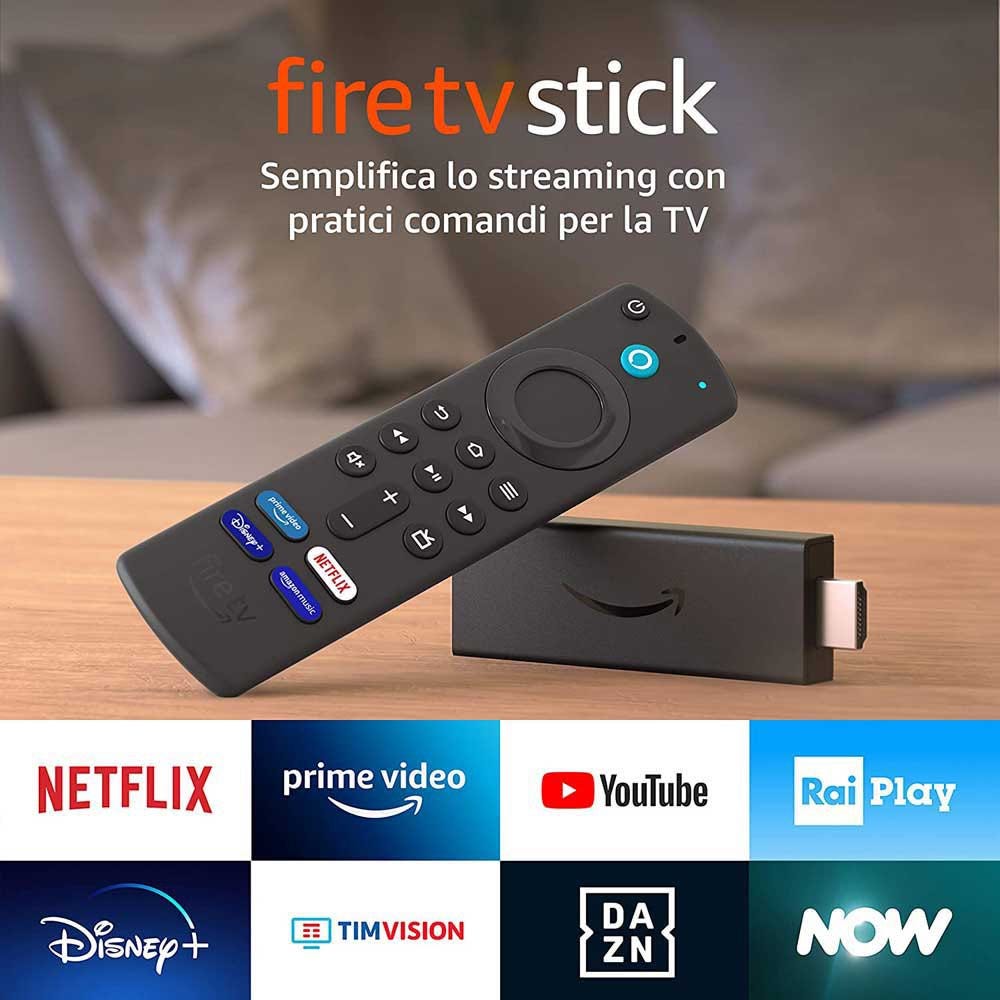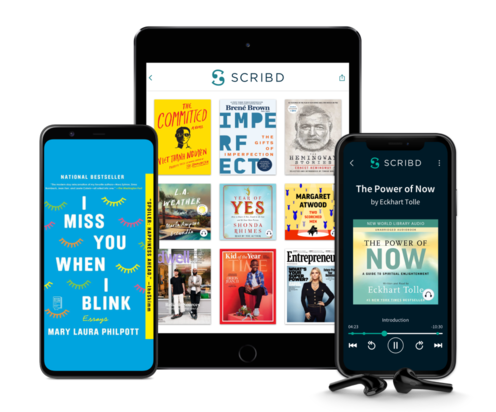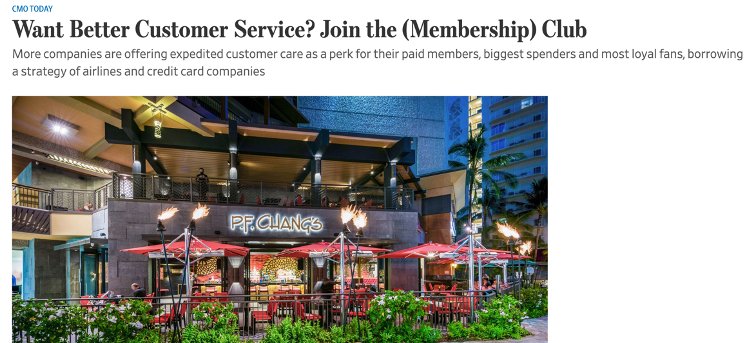The Future of Customer Service: How Vertical AI Agents Are Changing the Game
If you haven’t heard about vertical AI agents, keep...
Check out our latest update on our consumer platform here!
Published on 11 Mar 2024
Organizing the chaos Before Truebill, a person’s subscriptions were all over the place—some that were paid monthly, some never used but...

Before Truebill, a person’s subscriptions were all over the place—some that were paid monthly, some never used but still plugged up inboxes with spam nonetheless, and many which were overpriced with better options available.

Truebill’s value—outside of the economic benefits to help people lower, or cancel outright, paid memberships—was in helping organize the chaos of dozens, if not hundreds of digital subscriptions we sign up to everyday. It’s no wonder they were later acquired for $1.3B by Rocket Money, who, today, advertises Truebill’s subscription management platform.
Like Truebill, Amazon’s Fire Stick is awesome—again organizing the chaos of channel subscriptions and shows across multiple channels into a simple, conversational (“watch Game of Thrones”) experience. It’s television watching made effortless.

Similarly, the Scribd app is by far among my favorite mobile apps, helping organize podcasts, audio books, e-books, magazines and documents into one, single place. New content can be recommended, and I use the app not only to engage with media but also discover new books (many of which I wind up buying on Amazon—yet another platform that reigns in chaos).

More recently, a 3/1/23 article in the WSJ highlighted the growing trend of companies rolling out memberships to receive better customer service. This get-in-front-of-the-line as a premium service should, in theory, anger customers more because why should I pay extra just to receive the customer service I, as a customer, deserve? And yet, companies are finding clear traction with customers who have gotten used to waiting on hold for hours or experiencing some other poor customer experience.

Teleperson is seeking to bring the same sense of order, effortlessness and joy as Truebill, Amazon’s Fire Stick and the Scribd app to the chaos of customer service, where each company has its own call trees, capabilities (e.g., with call back) and customer journey. Small companies, often vying with large companies, tend have nothing but an email (if that), while larger companies with the time, talent and budget offer conversational AI and, soon enough, ChatGPT functionality. The landscape is uneven, hardly predictable, and still quite frustrating, as evidenced by declining scores in the American Customer Service Index, CCMC’s National Rage Study, or, just noted yesterday, the feeling that customer service is being neglected! When asked why customer service has gotten worse over the years, nearly 40% of people said it was because companies take their customers for granted.
Our argument is that by making not just customer service easy, but rather overall engagement with the companies people shop from every day, there is tremendous value that can be unlocked. Imagine if calling a company—any company—was as easy as calling a friend. When was the last time you had to authenticate, or choose from a list of options, before your phone connected you? I can’t think of a time either.
Enabling this easy engagement requires us to do the hard work of mapping out thousands of companies—millions, actually—so that we can ensure that 100% of consumers on our platform can effortlessly speak with 100% of the companies they buy from. Like the Scribd app, Teleperson will also seek to become a discoverability engine, supported not only by an AI recommendation engine but also by a community where fellow customers can suggest to others in their network about an awesome product or service (as I do from the rooftops on the three products discussed above). This social commerce approach means no one shops alone; and while Amazon has millions of reviews, Teleperson will be provided contextualized reviews based on a consumer’s demographics (age, income), geography, or past purchase behavior.
Envisioning a value set sufficient to incentivize consumers to pay for experiences on or benefits from the Teleperson platform. Similar to Truebill (interestingly allowed consumers to choose their own price, with monthly spend below $3 or $4 paid annually), Amazon Fire Stick ($40, one time purchase), or the Scribd app ($9.99, with the ability to freeze the subscription), we are envisioning a B2C Pricing Model. There are at least four benefits we can offer that could command a premium pricing:
One brilliant company idea was for companies to help consumers with their parking tickets. Got a parking ticket? Call a company and have them argue for you to reduce or eliminate the parking ticket entirely, and then pay 50% of that ticket price to the company. Clear win-win. For, especially, busy executives with busier executive assistants, this DIFM model—like installation of audio equipment in the home—could allow someone to essentially write out a list of chores dealing with companies across their Vendor Hub (e.g., change address, reschedule flight, request refund, inquire into new service, etc.). In a tiered model, premium consumers could ask for 5, 10, 15, etc. requirements based on a Chinese list of services. This would be a function of which companies Teleperson is integrated with – though being integrated would benefit both the consumer and the company. Again, an effortless customer service experience that contrasts with the painful image of waiting on hold listening to horrendous music for the night — cue a Teleperson commercial that reads: “Life shouldn’t be lived on-hold!” and an image of a team of Teleperson workers fulfilling your customer service needs across 100% of your companies. Imagine that!
Interested in signing up to the Teleperson Waitlist? Please do and join the journey in helping redefine customer service from your perspective!
Thanks for reading!
